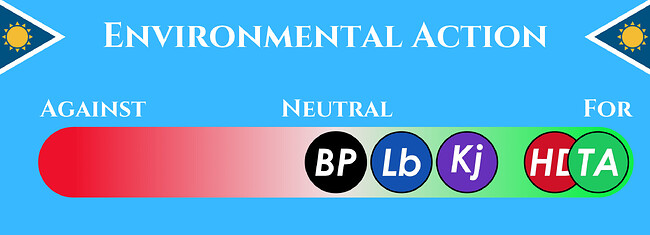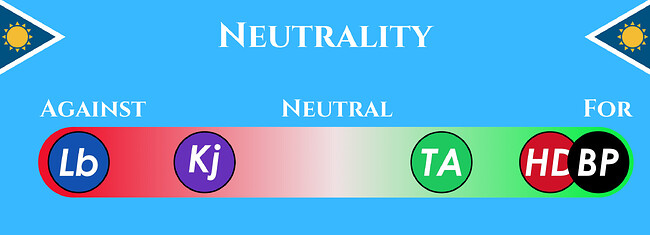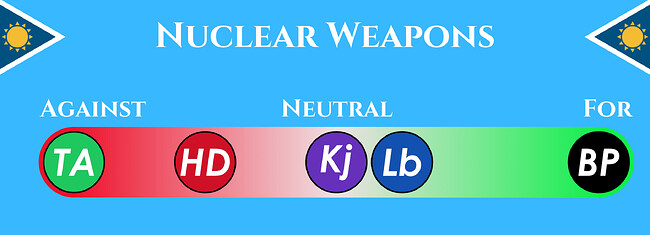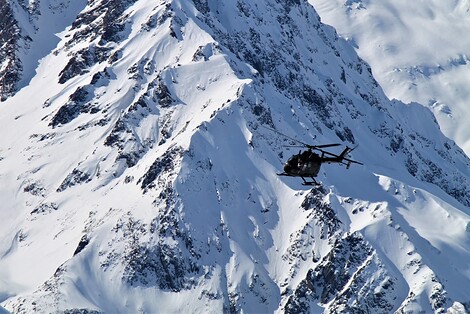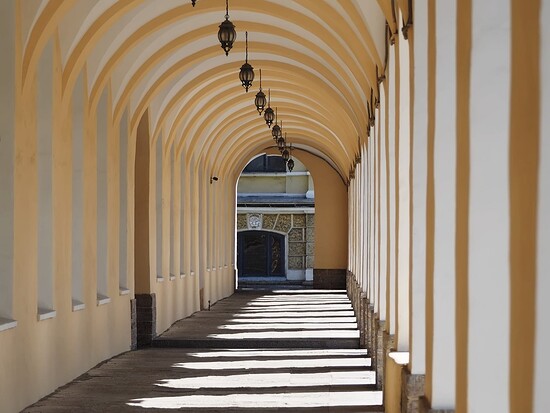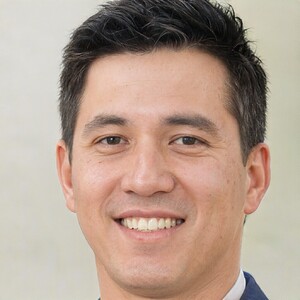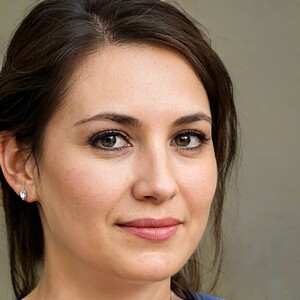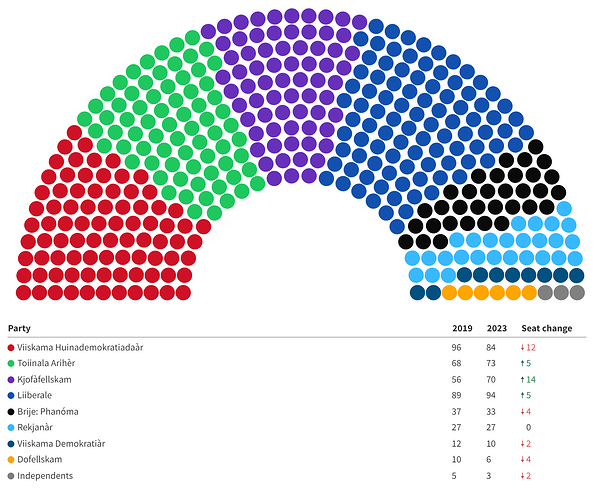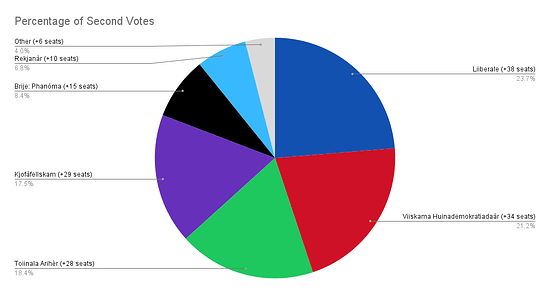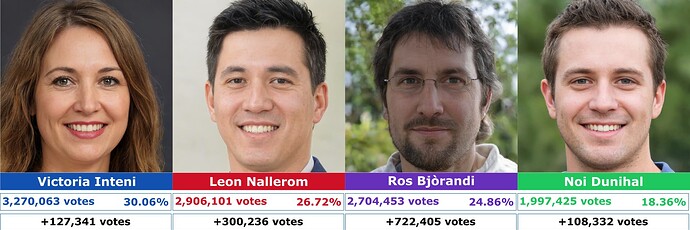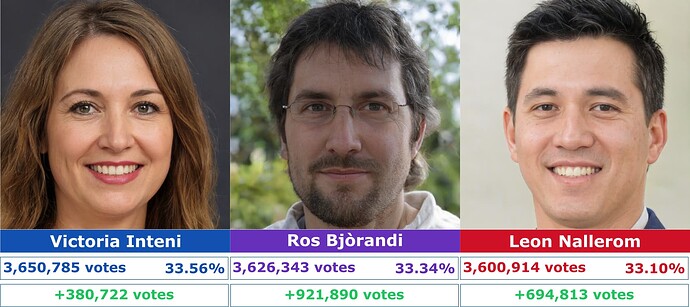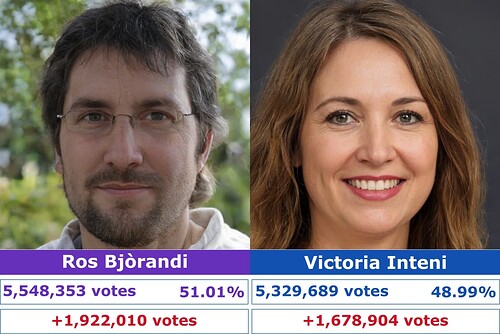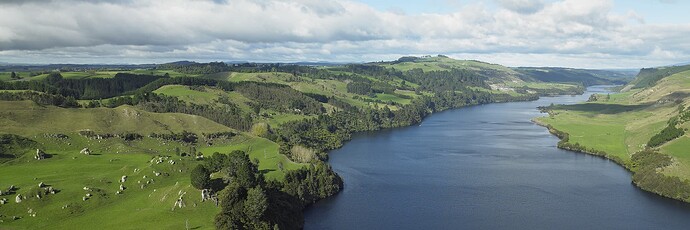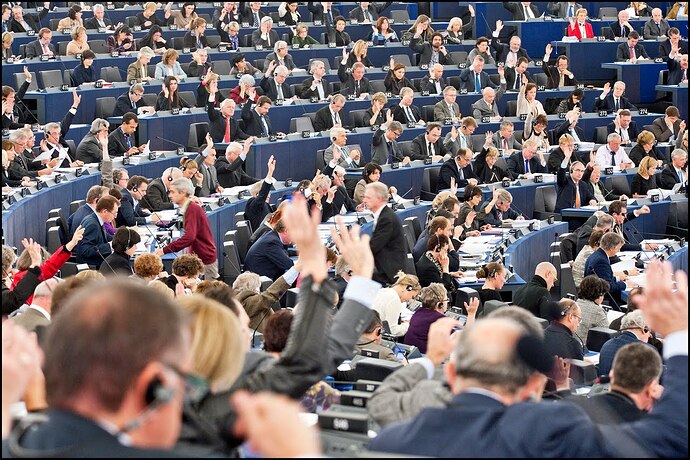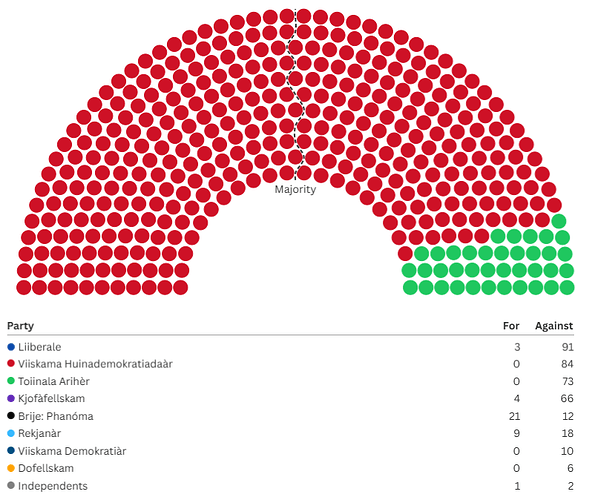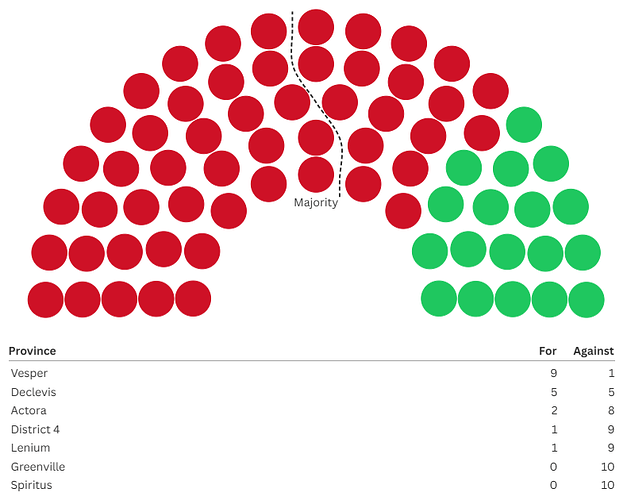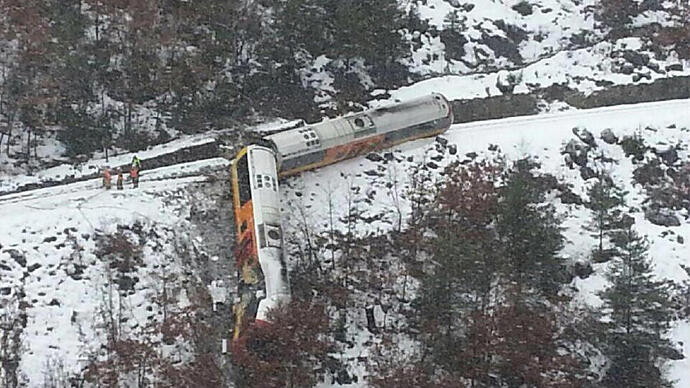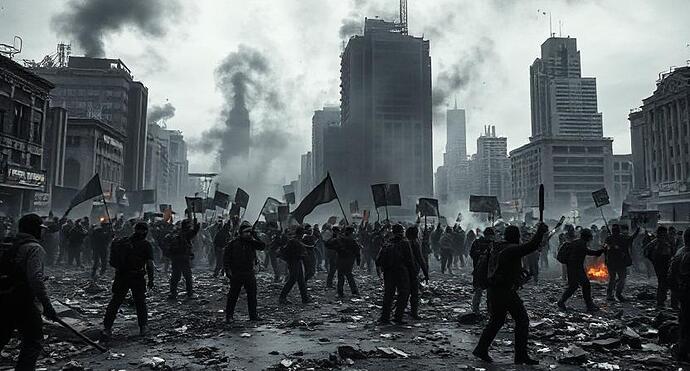Phanama 2023 Elections: What You Need to Know
By Emil Lareni
Friday, 31 March 2023
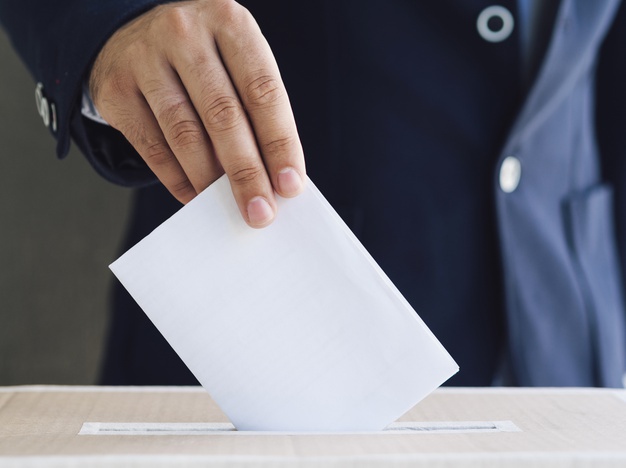
Phanama — 2023 is an election year in Phanama. So, whether you are a first-time voter or curious about how Phanama’s election system works, here is what you need to know.
When are the elections?
Phanama’s general elections occur every four years on the first Friday of October. This year that will be on 6 October, and voters may choose to cast their votes on Election Day or use mail-in ballots to vote earlier. Mail-in ballots will be delivered to voters by 16 June and those choosing to vote using mail-in ballots should ensure that they are returned by 6 pm on 6 October when polls close.
What are voters electing?
- A Representative to represent their constituency in the House of Representatives
- Councillors to represent their province in the Council of States
- The President of Phanama
Why do they matter?
The House of Representatives (simply known as ‘the House’) and the Council of States are the chambers that make up the National Assembly, where most of Phanama’s laws are created and debated.
Most members of the House, called Representatives, represent a constituency of about 86,000 people. As a result, more populous provinces get more Representatives, which can disadvantage the smaller provinces. To make up for this, the Council of States consists of 10 members (known as Councillors) from each province, to give equal representation to the provinces in this chamber.
The National Assembly also helps decide the members of the Council of Ministers who, along with the President, are in charge of the everyday running of the Phanaman government. After the election, the President recommends a composition of the Council of Ministers based on parties’ seat distribution in the House of Representatives. The National Assembly vets the President’s recommendation and, if the National Assembly disagrees, it goes to a vote to elect the Council of Ministers.
How do you vote?
Election methods for Councillors vary between provinces, while the President and Representatives are elected using preferential voting.
The President is elected using instant runoff voting (IRV), where voters rank the Presidential candidates from their most preferred to least preferred candidate. The first-preference votes for each candidate are totalled and, if no candidate has more than 50% of the first-preference votes, the candidate with the fewest first-preference votes is eliminated and the second-preferences of their voters are added to the totals of the respective candidates. This process continues until a candidate achieves more than 50% of the votes and is elected as the President.
Voting for the House is slightly more complicated as people cast two votes to determine the House’s composition. Phanama is divided into 240 constituencies, and voters cast their First Vote to elect one Representative for their constituency using IRV.
The Second Vote determines the party distribution of seats in the House: the percentage of Second Votes for a particular party should be roughly equal to the percentage of Representatives in the House from that party. Usually, this involves adding seats from regional party lists, so the Second Vote’s main purpose is to determine which parties get additional seats and how many additional seats each gets.
Voters rank the parties from their most preferred to least preferred party; parties which receive less than 3.5% of Second Votes or 4 Representatives from the First Vote are eliminated. Any party that gets a higher percentage of Representatives from the First Vote than its percentage of Second Votes is also eliminated. The Second Vote preferences of these parties’ voters are transferred to the respective parties and seats are allocated to help the House’s composition reflect the political landscape of Phanama.
What next?
As Election Day draws near, we will break down and explain the 2023 Elections further, why they matter, who is running and what is at stake.



